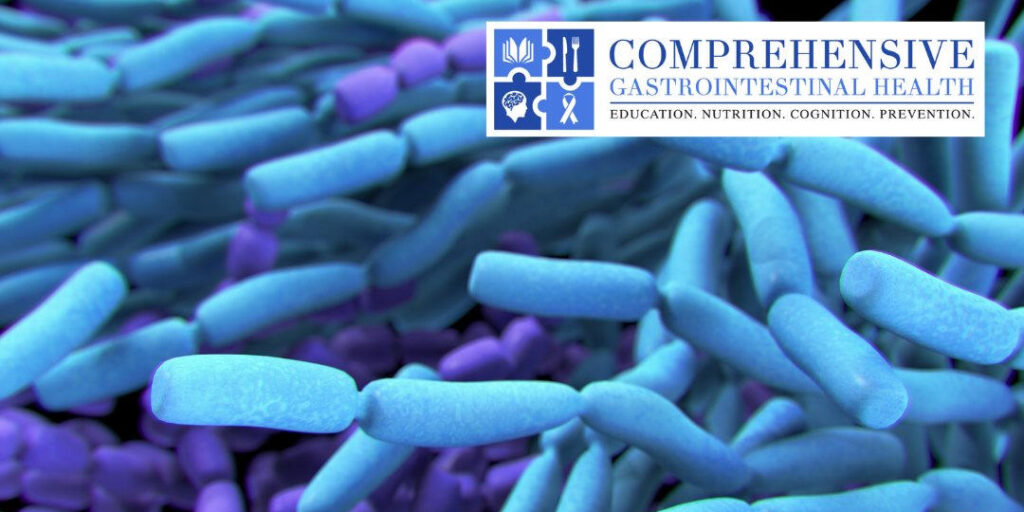The Role of Probiotics in Diverticulitis
The Role of Probiotics in Diverticulitis
by Liz Moon, NP
Diverticular disease is most often identified in the colon and is a pouch-like structure that can form through points of weakness in the muscular wall of the colon. Most people with diverticulosis have no symptoms and will remain symptom free for the rest of their lives. Diverticulitis however occurs when one or more of the diverticula become inflamed. This may be caused by increased pressure within the colon or by hardened particles of stool, which can become lodged within the diverticulum.
Traditionally acute diverticulitis will be treated with bowel rest and antibiotics, but recent guidelines suggest treating acute uncomplicated diverticulitis (AUD) without antibiotics in select patients.
A recent Randomized control trial looked at the efficacy of a probiotic called Limosilactobacillus reuteri ATCC PTA 4659 in reducing inflammatory markers in AUD. “A double-blind, randomized controlled trial was conducted in 119 patients with AUD. The probiotic group (61 patients) was treated with fluids, bowel rest and L. Reuteri twice daily for 10 days. The placebo group (58 patients) was treated with the same therapy and placebo twice daily for 10 days.” Both groups had a reduction in pain based on a visual analogue scale (VAS) for abdominal pain. C-reactive protein values (inflammatory marker) decreased by almost 60% in the probiotic group and by only 40% in the placebo group which was clinically significant. Fecal calprotectin (a stool test to evaluate inflammation) decreased by 17% in the probiotic group but by only 10.6% in the placebo group which was also clinically significant. This study suggests supplementing L. reuteri 4659 with bowel rest and fluids reduce inflammatory markers.
If you would like to learn more about diverticular disease, contact us today! You can request an appointment with one of our gastroenterologists, nurse practitioners or dietitians through our website at www.compgihealth.com or by phone at 224-407-4400.
https://journals.lww.com/…/Randomized_control_trial_on…
https://www.gutmicrobiotaforhealth.com/probiotics-with…/

